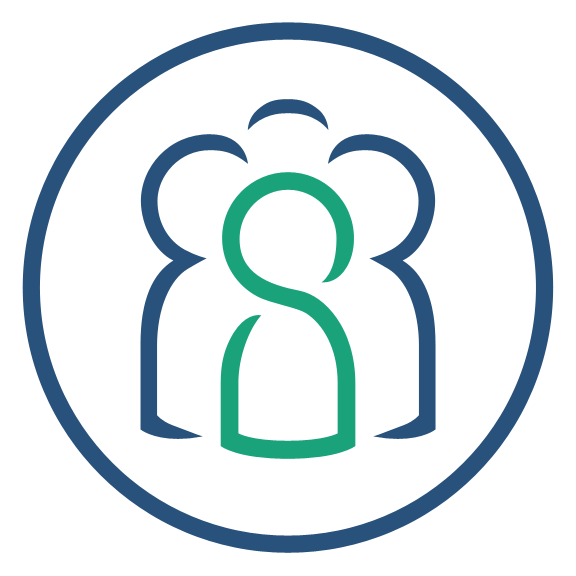Most years, the Free Application for Federal Student Aid (FAFSA) form is released online in October. Due to several changes to make the form simpler and easier for families to fill out, however, in 2023 it was delayed until December. Even then, it was only open for 30 minutes a day while they worked out the kinks.
This gives stressed families less time to fill out the form during an already busy college application season and, likewise, it puts a time crunch on admission officers on the back end. Colleges and universities will still have to wade through just as many applications, but will have half the time to issue award letters.
While unfortunate for both families and institutions, the use of new technologies will hopefully improve the process for the class of 2025 and beyond. The new FAFSA is easier to fill out, should result in more students receiving Pell grants that do not have to be repaid, and will hopefully encourage more students to complete the form and go on to higher education.
It will also pull information directly from an applicant’s tax form, saving them from having to dig through old files and find the correct lines on government documents that are even more complex. In years past, the IRS Data Retrieval Tool made it somewhat easier to fill out tax information on a FASFA, but now it is 100% automated. The tool is also available to everyone with the new version, no matter how a student’s parents file their taxes.
This type of technological innovation will not only help countless families, it will also make the lives of overworked admissions officers easier in years to come as well. At Mentor Collective, we share the belief that technology can improve outcomes for students and the institutions that serve them. This is particularly true for students from historically underserved populations or those who are the first in their families to attend college and are unfamiliar with the process.
Colleges and universities can help foster a sense of belonging on campus for their students starting on the day admissions letters go out. Our peer engagement platform not only provides actionable insights into students, it can also match incoming and lower division students with relevant peer mentors.
Peer mentors can connect students to vital information and resources, without adding to the staff’s workload. And, by making mentors available at scale, more students can be helped with fewer administrators. Those work hours saved might be spent helping the admissions office this year, but going forward the possibilities are endless.
The program can even pay for itself. By reaching more students and giving them the support they need at the moment they need it, persistence and retention rates will rise. The decision to drop out is not one students make lightly. In fact, most students who drop out in their first year have been considering doing so since the first six weeks of the semester. Waiting until after finals are complete to reach out to students is waiting too long.
Hear from Florida Atlantic University's VP of Student Affairs and Enrollment Management Dr. Larry Faerman on how a mentorship platform uplifts university capacity and retention efforts.
Technological advances like the new FAFSA form and Mentor Collective’s education technology platform can help make meaningful differences in the lives of students. With FAFSA, students find a way to finance a life changing education. At Mentor Collective, we drive student belonging and retention through student voice analysis, research-backed assessment, and scalable peer mentorship solutions. Just as we are always innovating and improving, we can’t wait to see what our partners in the higher education universe come up with next. And, more importantly, we can’t wait to see what the crop of students whose educations are enhanced with these tools will do to improve the world after that.

